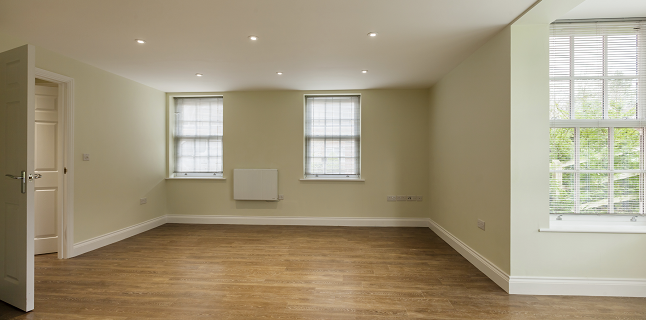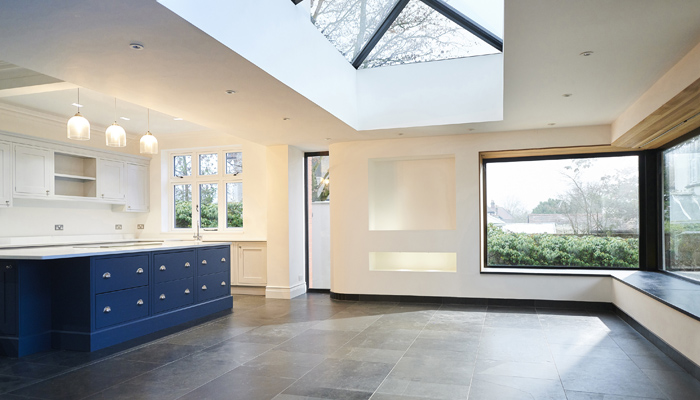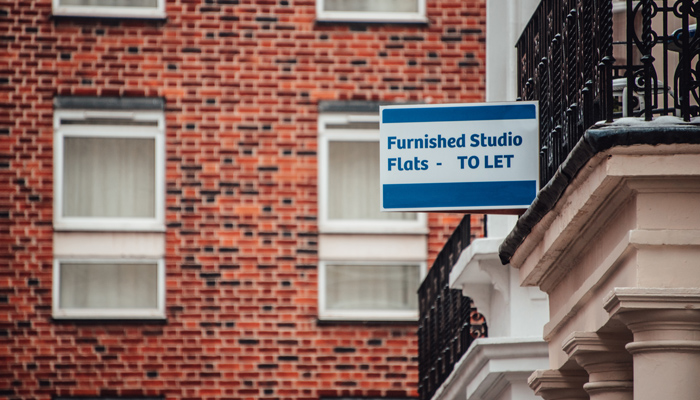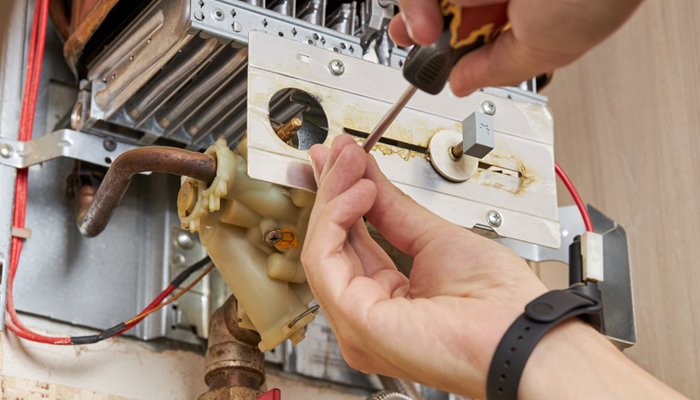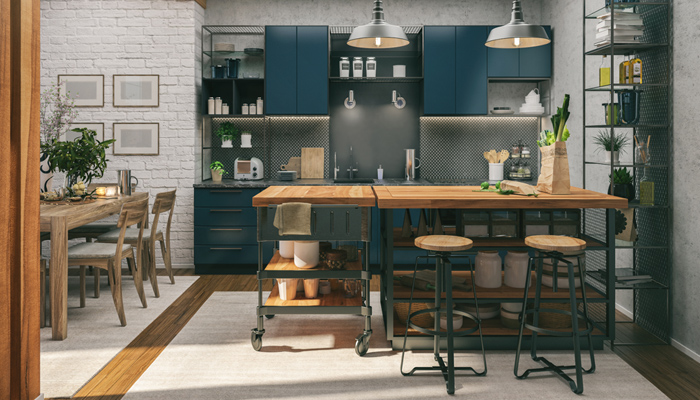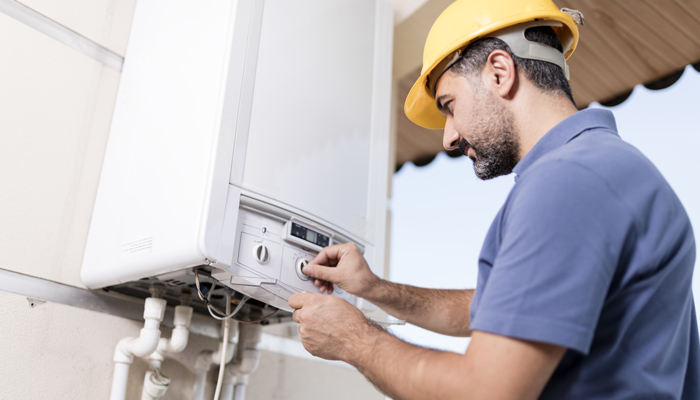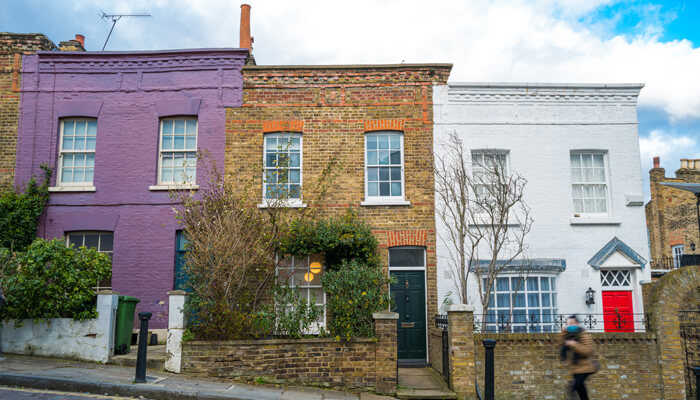A Guide to Empty Property Rates
Has your property been left unoccupied? This guide explains rates and reliefs for empty properties and how to protect your unoccupied home.
When is My Property Considered Unoccupied?
Your property is considered unoccupied if it’s been left vacant for 30 or more consecutive days. This applies to all empty properties, regardless of whether they've been left unoccupied due to impending sale or let, renovations, or probate.
Do I Pay Rates on an Empty Property?
You won’t pay any rates on empty properties for the first 3 months for residential properties (6 months if you’re selling a house during probate) or 6 months for industrial properties. Once the rate-free period ends, you will usually have to pay full business rates on your property.
Note that in Northern Ireland, standard property rates apply to all domestic properties with a rateable capital value of £20,000 or more (whether occupied or not). If the property’s capital value is assessed to be £150,000 or less, the landlord is responsible for paying the rates. If the property’s capital value is assessed to be more than £150,000, the tenant is responsible for paying the rates.
How are Empty Property Rates Calculated?
Exemptions
You may be exempt from paying business rates on your empty property if:
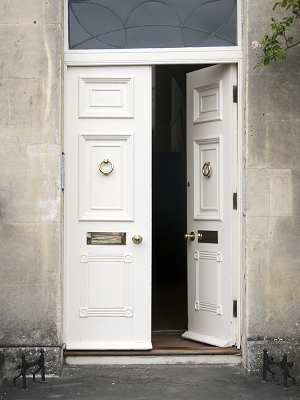
-
Your property is registered for public religious use.
-
Your building or lands are used for agriculture, including fish farms.
-
Your property is used for training or the welfare of the disabled.
-
Your property has a rateable value less than £2,600.
-
You are prohibited by law from occupying the property.
-
You have been declared bankrupt.
-
Your unoccupied house is a new build built before 31 October 2016. New houses built before that date are exempt from property rates for up to 18 months up to state aid limits.
All exemptions are subject to strict legal requirements. You should appeal to the VOA if you think your empty property might apply.
Your Local Council
If your property becomes vacant, you should inform your local council. While you usually have to pay Council Tax on empty properties, you council may decide to give you a discount. However, the council can charge up to 50% extra Council Tax if your home has been unoccupied for two years or more.
How to Keep Your Unoccupied Property Safe
Unoccupied homes are more likely to experience theft and vandalism. Plus, without an occupant to watch the property, the home is at greater risk of fire, flood, or subsidence damage, and small issues (e.g. leaks, sewage backup, etc.) may snowball out of control.
Here are some tips that will help keep your vacant property safe:
-
1. Make your property feel “lived in” – Maintain the garden, retrieve your post, and ensure that general house upkeep including paint and window repair are well maintained.
-
2. Check on your property regularly – Try to visit your property at least once a week. This way, you’ll be able to spot potential problems before they get out of hand, such as small leaks or security issues.
-
3. Invest in security – Minimum security measures are a must if your property will be unoccupied for an extended period. Consider investing it at least 5 lever mortice deadlocks or BS3621 locks.
-
4. Buy Unoccupied Home Insurance – The best defence you have against something going wrong is to keep your unoccupied home insured. See below for more details.
Home Insurance on Empty Properties
Often times, standard home insurance doesn't cover your empty property due to increased risk. To remedy this, Towergate’s developed a number of flexible Unoccupied Home Insurance options to keep your vacant property safe.
Please see our unoccupied home insurance policy page for a free quote.
About the author
James Cooper is a respected industry leader with over 10 years' experience in the home and property insurance sector. He works across a broad range of insurance product and policy development and delivery, including product development; customer sales and marketing; and P&L accountability.
Date: July 30, 2024
Category: Home and Property




